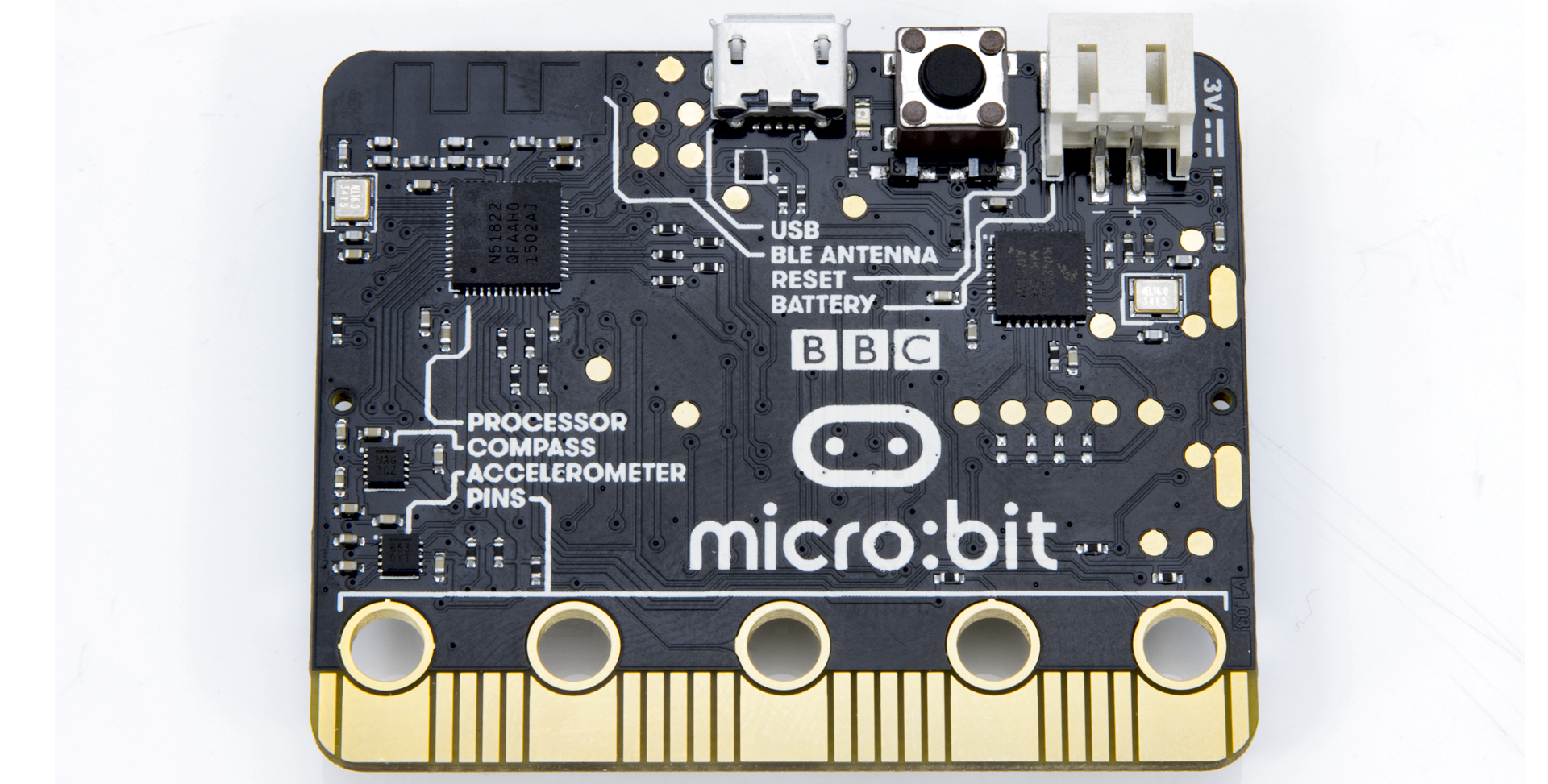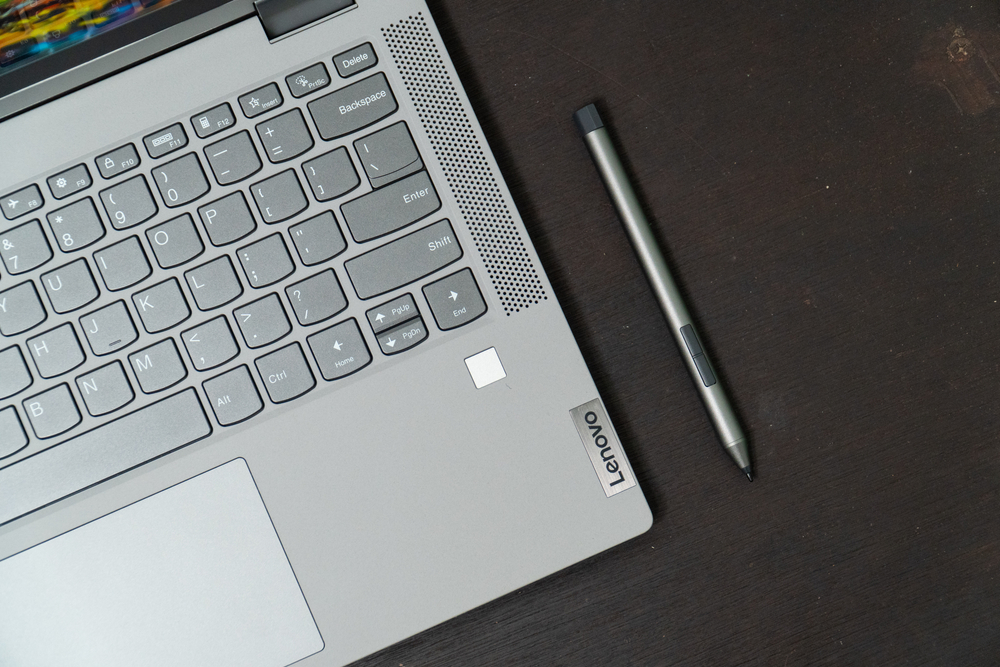Primary schools to receive BBC micro:bits in digital literacy push
The initiative comes amid an "all-time high" shortage of talent in cyber security, big data analytics and technical architects


The Micro:bit Educational Foundation, the Scottish government, and domain registry Nominet will donate 57,000 BBC micro:bit devices to 3,000 primary schools in a bid to improve digital literacy skills across the UK.
First unveiled in 2015, the pocket-sized device is a single-board computer designed by the BBC to help schoolchildren engage with and learn about coding and software development.
Every primary school in Scotland, as well as an additional estimated 1,000 primary schools in England, Northern Ireland, and Wales will receive around 20 devices each, with 22,000 devices prioritised for institutions needing additional support the most.
RELATED RESOURCE

Alongside the 57,000 BBC micro:bit devices, schoolchildren will also receive comprehensive teaching resources and online Continuing Professional Development courses, the Micro:bit Educational Foundation announced on Wednesday.
The initiative comes amid an "all-time high" shortage of talent in cyber security, big data analytics and technical architects.
What's more, research by Vodafone found that digital literacy is becoming as important as reading and writing for young people’s future life prospects. One in two UK 18-24-year olds have limited access to a laptop, tablet or PC, which leads to difficulties in attending online lessons or exams, applying for jobs, and gaining the necessary digital skills for many of today’s roles.
School equipment shortages tend to contribute to the problem, with Nominet research finding that 3 in 5 teachers cited lack of resources as a barrier to teaching computing and digital skills.
Get the ITPro daily newsletter
Sign up today and you will receive a free copy of our Future Focus 2025 report - the leading guidance on AI, cybersecurity and other IT challenges as per 700+ senior executives
Commenting on Wednesday’s announcement, Micro:bit Educational Foundation CEO Gareth Stockdale described digital literacy and computational skills as “critically important not only to the future of our society, but to the future of children who will one day shape that society”.
“They are increasingly important core skills, and we know that the earlier you learn them, the better. The BBC micro:bit has become an essential tool that teachers and students alike have come to love. We’ve seen fantastic adoption in secondary schools, and we’re delighted to support and empower even more teachers to unlock children’s creative potential at primary level,” he said.
Nominet CTO Adam Leach added that the rollout will allow “more primary schoolchildren to explore and develop their skills in digital creativity and computing”.
“Each one of the 57,000 devices will impact on developing children’s core digital skills as citizens of a digitalised world – and perhaps even put some of them on a pathway to help fill the digital skills gap in the UK’s digital workforce of the future,” he said.
Deliveries of the micro:bit devices will begin in April 2022.
Having only graduated from City University in 2019, Sabina has already demonstrated her abilities as a keen writer and effective journalist. Currently a content writer for Drapers, Sabina spent a number of years writing for ITPro, specialising in networking and telecommunications, as well as charting the efforts of technology companies to improve their inclusion and diversity strategies, a topic close to her heart.
Sabina has also held a number of editorial roles at Harper's Bazaar, Cube Collective, and HighClouds.
-
 CISA issues warning in wake of Oracle cloud credentials leak
CISA issues warning in wake of Oracle cloud credentials leakNews The security agency has published guidance for enterprises at risk
By Ross Kelly
-
 Reports: White House mulling DeepSeek ban amid investigation
Reports: White House mulling DeepSeek ban amid investigationNews Nvidia is caught up in US-China AI battle, but Huang still visits DeepSeek in Beijing
By Nicole Kobie
-
 Welsh startups 'increasingly isolated' over lack of diverse funding routes
Welsh startups 'increasingly isolated' over lack of diverse funding routesNews Founders say Wales' chance to be one of the UK's leading tech ecosystems is being undermined by a lack of investment
By Ross Kelly
-
 What is WCAG and how do these guidelines power accessibility online?
What is WCAG and how do these guidelines power accessibility online?In-depth Experts urge a mentality shift, away from box-ticking compliance, to one that incorporates ease of use into the very fabric of web design
By John Loeppky
-
 UK gov opens £12m innovation fund to tackle cost of living crisis, regional inequality
UK gov opens £12m innovation fund to tackle cost of living crisis, regional inequalityNews Funding will enable regulators and local authorities to test and experiment with "bold and ambitious" approaches to the pressing issues of the day
By Bobby Hellard
-
 Diversity in tech is a well-trodden path, but change is painfully slow
Diversity in tech is a well-trodden path, but change is painfully slowOpinion IT leaders have a big role to play in changing attitudes to diversity and inclusion, but not all of them step up to the challenge
By Gary Rayneau
-
 Two in three IT employers struggle to recruit staff with adequate digital skills
Two in three IT employers struggle to recruit staff with adequate digital skillsNews Three quarters (77%) of surveyed senior UK IT decision-makers claimed that they are currently facing a digital skills gap in their organisation
By Sabina Weston
-
 Lenovo to give £1 from every laptop sale to UK digital poverty charities
Lenovo to give £1 from every laptop sale to UK digital poverty charitiesNews Tech giant to support local authorities and charities with hardware and expertise
By Bobby Hellard
-
 Disabled IT professionals are building access for themselves
Disabled IT professionals are building access for themselvesIn-depth For visually impaired developers, the tools just aren’t good enough – so they’re taking matters into their own hands
By John Loeppky
-
 Australia allocates $6.7 million to advance women in STEM initiatives
Australia allocates $6.7 million to advance women in STEM initiativesNews Women make up only 28% of the country's STEM workers
By Zach Marzouk